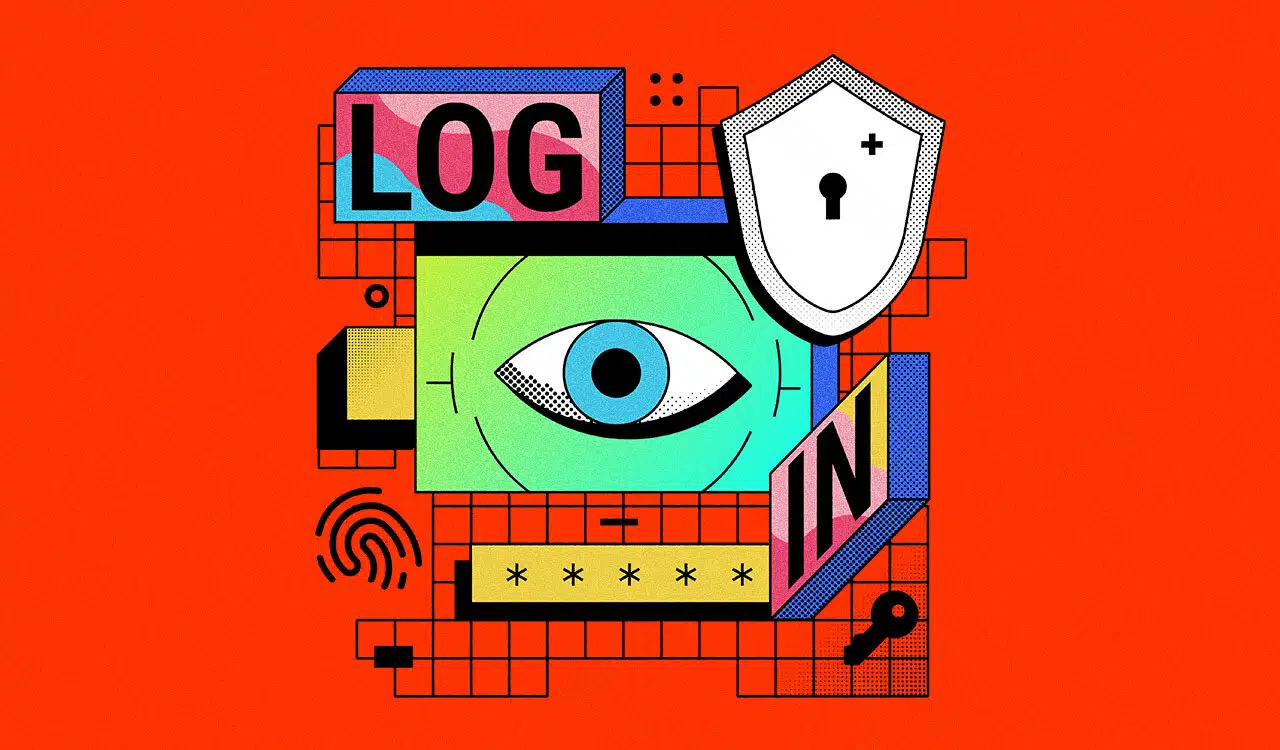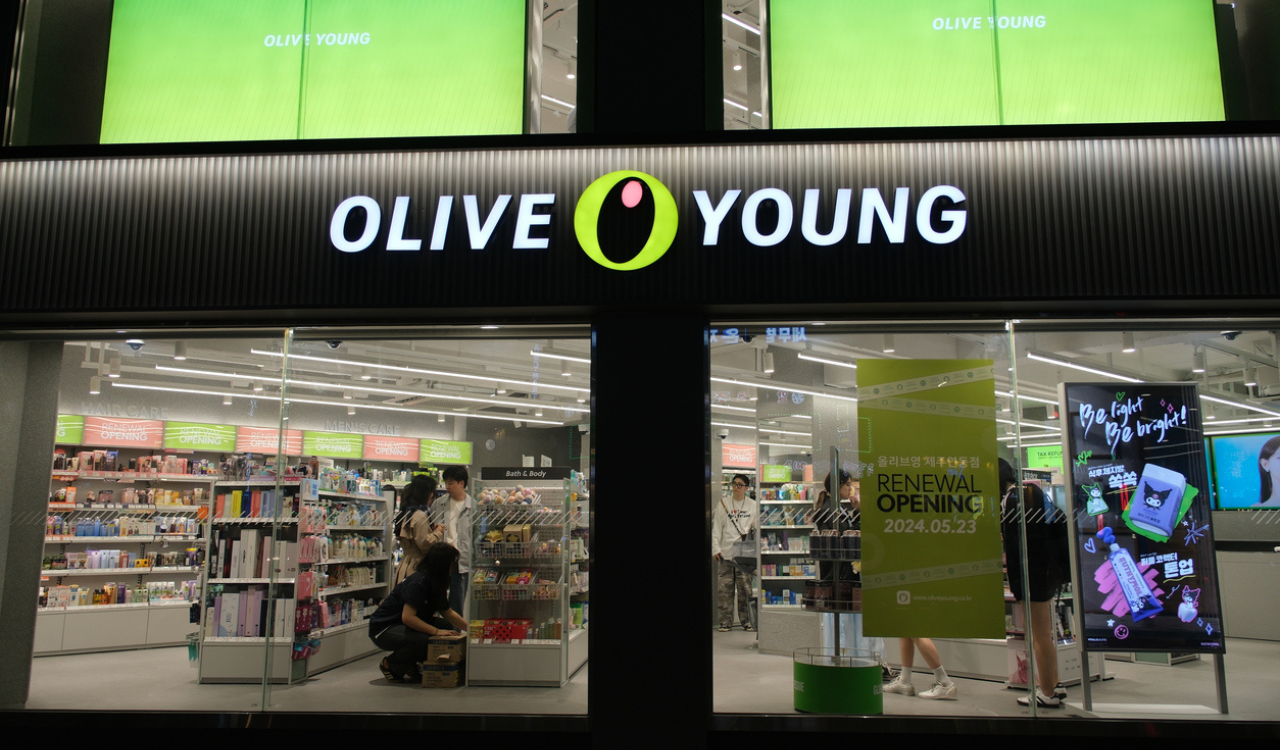Consumer research is nothing new. Once upon a time, you couldn’t go to a mall without someone with a clipboard offering you a few bucks to fill out a survey about your purchasing preferences. Since then, digitization has made personal data sharing ubiquitous and, for most of us, nearly unavoidable. Savvy consumers are less hesitant to share their data in this new world, playing the quid-pro-quo card. They get that when they give brands permission to analyze their shopping behavior it leads to advertisements showing up in their in-boxes that they can actually use.
What’s interesting is that Gen Z is sharing some data freely with their friends and family like a gift. I’m talking about location-sharing––and a staggering 94 percent of Gen Z said their lives benefit from sharing their locations. For Gen Z, the appeal of location sharing is less about safety than it is the fun of seeing what the people closest to them are up to––a way of feeling digitally connected when they’re physically separate from those they love.
Pandora’s Personal Data Box
We talk a lot about how brands and retailers use customers’ personal data to create more timely, compelling offerings. Consumer research companies have become digital masters in leveraging data into a full retail subindustry. Despite Gen Z’s reluctance to share information with those they view as authorities, they are leading the charge when it comes to monetizing personal data. Retailers are in a unique position to gather customer data and use it for profit. Walmart’s media platform is a great example. However, Gen Z is driving a pragmatic business bargain to share its personal data. The retail-adjacent industry of personal data sales has exploded and consumer expectations for customization and transparency have evolved alongside it.
Consumer Comfort Depends on Data Type
To some extent, we’ve eliminated the fourth wall between consumer and retailer. However, there are still certain data categories that consumers aren’t comfortable sharing – and in many cases, aren’t aware they are sharing. Gartner reports that most consumers don’t mind sharing user-provided personal preferences (77 percent) and basic demographics (67 percent) with brands. While consumers usually share their purchasing preferences and demographic information without a second thought, they keep other types of data closer to the chest.
For instance, the same study found that only 34 percent of consumers think it’s appropriate for brands to collect their browsing history. Even fewer feel comfortable with brands collecting their employment and financial data (29 percent) and personal health data (27 percent). So, what about brands and retailers that want to access to these types of data? They need to provide transparency on how they intend to use that data and fair financial incentives to motivate consumers to share.
The subindustry of consumer data acquisition looks a lot different in recent years. Online survey companies like CleverX and User Interviews use sophisticated digital tools to self-identify participants, field screeners, and recruit customers. It’s quick and seamless. However, from the participant’s perspective, anyone who has ever joined such a platform knows the screening surveys required to qualify them for a particular study are often too granular to be inclusive. That makes willing consumers frustrated and even hostile to the researcher (brand).
Next gens treat their personal data like a commodity only when they are satisfied by the researcher’s financial incentives and transparency. Consumer data firms are the newest arena where next gens are calling for a reckoning. Young consumers believe that they should be better compensated for their data––especially when considering a 15 percent projected increase in cybercrime, including data breaches, in 2025. Nobody wants to put their personal data at the mercy of hacker organizations for free.
The “Traveling Pants” of Sharing Location Data
What’s interesting is that Gen Z is sharing some data freely with their friends and family like a gift. I’m talking about location-sharing––and a staggering 94 percent of Gen Z said their lives benefit from sharing their locations. For Gen Z, the appeal of location sharing is less about safety than it is the fun of seeing what the people closest to them are up to––a way of feeling digitally connected when they’re physically separate from those they love.
But when it comes to corporations regularly knowing their physical locations? Gen Z wants to be compensated to allow that. And they don’t want to complete 50 unpaid intro surveys to finally access a survey from which they get compensated. They’re busy, they’re stressed, and they’re only interested in sure things. Younger employees don’t want the research process to make a quick buck be so complex it alienates them.
Generation Lab, a youth polling company, is simplifying the retail consumer data subindustry with a product called VerbAI. The product anonymously tracks things like browsing, purchasing, and streaming data, putting around $50 a month into the pockets of internet users who consent. VerbAI may have found a method to gather more accurate data for corporations, news organizations, and nonprofits by tracking consumer behavior patterns, rather than by just surveying them. We predict many companies will follow their thread, creating easily navigable and comfortable ways for next gens to exchange their data for cold, hard cash.
When Research Is Off-Target
Although next gens are cautiously beginning to give data firms 360-degree access to their browsing behavior, many brands still lag in the arena of aggregating and acting on customer data. And sometimes the research targets are way off base. Direct marketing for urinary incontinence ads directed to thirtysomethings, diaper promos for the child-free, and Outback Steakhouse ads for vegans are all signs that many brands still haven’t mastered the greatest retail commandment: “Know thine customer.”
If Gen Z is willing to hand over their data—often with the location included—when conditions like transparency and fair compensation are met, then brands need to meet them halfway. Stop sending irrelevant ads, stop making consumers jump through hoops, and start acting on the data they’re already giving you. Because generalization doesn’t just feel outdated—it feels like disrespect.





